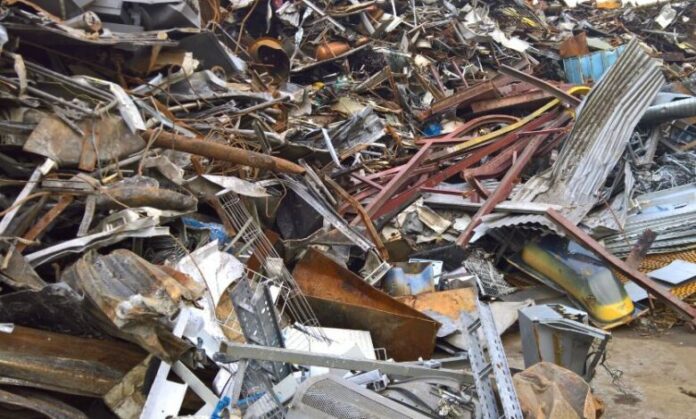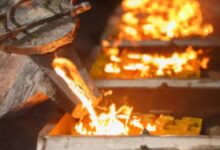The SEIFSA Office has noted with concern submissions to the DTIC calling for the extension to the scrap metal export ban which is scheduled to come to an end in December 2023.
“SEIFSA’s position has always been that the scrap metal export ban is misguided in the issue that it is attempting to solve for, namely infrastructure damage for scrap metal theft. It is an extremely blunt measure with unintended industrial policy consequences. More worryingly it communicates a very poor economic signal by not taking into account a total steel perspective” Mr Elias Monage, SEIFSA President states.
In the deliberations regarding the scrap metal export ban SEIFSA is beginning to note with some concern a shifting in the goal posts, where discussion are beginning to lean to the export ban being used as an industrial policy instrument to support scrap-based mills and the country’s decarbonisation efforts, which was never the original motivation for the ban.
“The initial intention was always security related aspects and to attempt to limit the damage to infrastructure, with other considerations – whether noble or adverse – being ancillary to the core issue” comments Mr Monage.
Security
Apart from SEIFSA’s repeated submission that the export ban is the incorrect instrument to solve a security related matter, to introduce industrial policy by stealth in this manner would be very poor economic signalling on the part of the Department of Trade, Industry and Competition (DTIC).
“If it is the intention of the DTIC to introduce a new industrial policy regime then the economic signalling should have been communicated as such and developed, with industry, taking the total steel sector perspective into account” states Mr Monage.
Poor and/or misleading economic signals run the risk of the DTIC losing the trust of the investment community due to the instability created in the economic environment. This stability is paramount particularly to the long term nature of the investments associated with this sector.
“The scrap metal export ban creates a disproportionate and policy induced – not producer efficiency – input cost advantage that is afforded to only a select group of producers where scrap metal is used as an input” states Mr Monage.
In the absence of a mechanism similar to a Price-Preference-System (PPS) on iron ore, that attempts to level the playing field, pockets of the value chain are rendered uncompetitive, relative to the beneficiaries of the scrap metal ban. There also does not exist any regulatory mechanism that ensures that this input cost advantage is passed down the value chain, which again renders the intervention extremely narrow in its perceived benefits.
The scrap metal export ban also presents World Trade Organisation (WTO) contraventions and anti-competitive behaviour from a predatory pricing point of view, all of which the DTIC has opened the country up to from the decision to impose the export ban.
Whilst the unsuccessful export ban has undoubtedly been abused by consumers and lead to prejudicial consequences, the critical question that still remains is whether the unsuccessful ban on ferrous scrap exports and suspension of the Price Preference System (PPS) has contributed in any meaningful way to the fulfilment of the objective of the directive – the elimination and/or reduction of metal theft and associated criminal activity. The undeniable answer to this question is that it has not.
“Given all the negative consequences accompanying the scrap metal export ban and the fact that it is not working, SEIFSA strongly urges the Department of Trade, Industry and Competition not extend the scrap metal export ban beyond December 2023” states Mr Monage.




